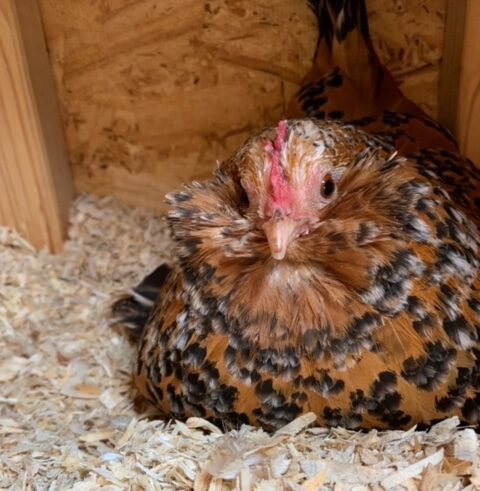Storing Eggs for Incubation
The primary goal of incubating eggs is to have an optimal hatch. One of the most influential factors in the incubation process, aside from management and breeder nutrition, is storing eggs prior to setting them in the incubator. Storage of eggs is completely within our control as flock owners and if we intend to be successful in our hatches, we owe this stage of the process fair attention. Here are some basic tips on storing eggs. These guidelines have been developed based on recommendations from incubator manufacturers and academic articles on the subject and are provided as a basis to offer advice to fellow breeders.
- Try to keep temperatures low, but not too low. Embryos can start to develop as eggs warm while in storage. Best practice is to store the eggs at temperatures above those found in a refrigerator such as 53 to 60 degrees Fahrenheit/11 to 15 degrees Celsius. A room with relative humidity from 75-85% is ideal to reduce substantial moisture loss from eggs during storage.
- Store the eggs on their side, on a soft surface (such as light sand, a towel, or an open surface) that allows as much air as possible around all sides of the eggs, or with the big end upwards with minimal contact surfaces. Do not store eggs with the pointed end upwards. This can damage the internal structure of the egg and cause the air cell to collapse over time. The air cell structure is vital for embryo development during the incubation process, particularly later in the process and during hatching.
 Handle the eggs as little as possible. The oil from your hands and skin can clog the egg’s porous shell. Sudden movements can also damage the eggs. It is a good idea to turn eggs 45 degrees side to side daily. This simulates what would happen in a nest as a hen lays a new egg each day, shuffling the eggs already present.
Handle the eggs as little as possible. The oil from your hands and skin can clog the egg’s porous shell. Sudden movements can also damage the eggs. It is a good idea to turn eggs 45 degrees side to side daily. This simulates what would happen in a nest as a hen lays a new egg each day, shuffling the eggs already present.- Save and set only clean eggs, or eggs that can be wiped free or cleaned of debris. These deposits can harbour pathogens that can be harmful to incubating eggs. Wiping eggs with a soft, warm, damp cloth will help to clean the shell. Be sure not to save and set any broken, cracked, or mis-shaped eggs.
- There are many stories of very aged eggs being set with successful hatch rates, although success may be a subjective term. The current literature suggests that after 7 days of storage, hatch rates will begin to decline, and should be considered as a guideline for synchronizing set days and hatch days.
By Clayton Botkin, APA General Licensed Judge #1234
